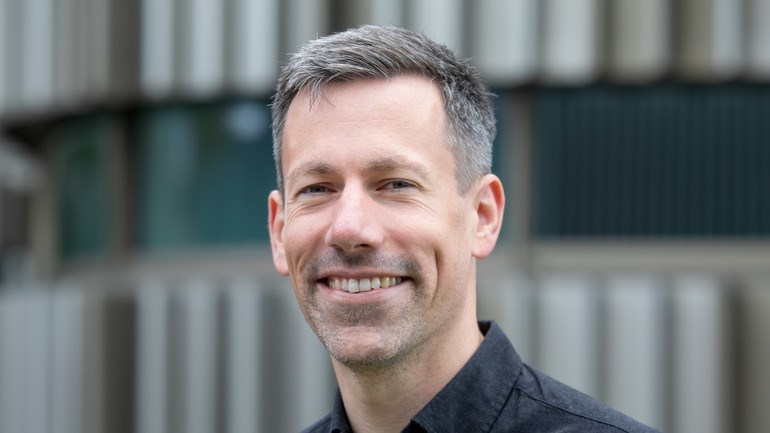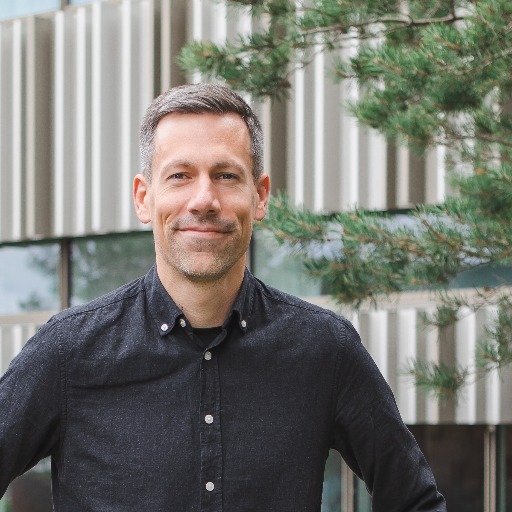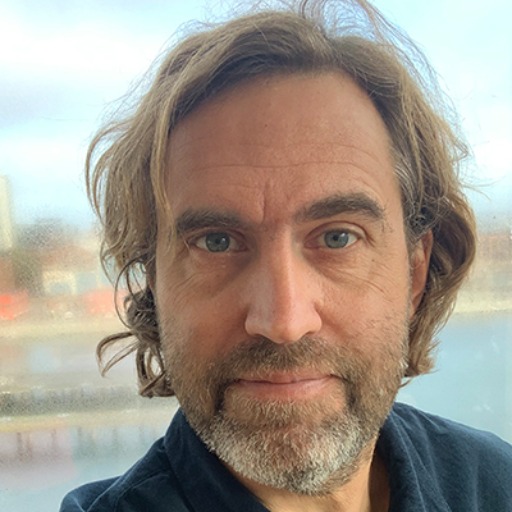Modelling to decrease death toll from lack of organ donors

Through agent-based social simulation (ABSS), where the agents can be seen as virtual humans making decisions through AI, researchers at Malmö University hope to increase the number of organ donations.
In the EU, around fifteen people die every day due to the lack of available organ donors.
Through social simulations, where a virtual copy of society is created, researchers from Malmö University aim to assist decision-makers to reduce this death toll.
An important aspect to look at is the financial one. For example, what does it cost to be on dialysis every other day compared to getting a new kidney?
Fabian Lorig
The method is called agent-based social simulation (ABSS), where the agents can be seen as virtual humans making decisions through AI.
“In our model, we can create 10,5 million agents, representing the Swedish population, which together can simulate reality. The challenge is to create a simplified model that is still good enough to give reliable results when evaluating the effects of different policies,” says researcher Fabian Lorig from the Department of Computer Science and Media Technology at Malmö University.
“In the virtual world, we can simultaneously test various policies and observe their outcomes without risking individual harm,” Lorig adds.
The aim of the research project is to analyse the ethical, legal, and social issues, as well as the technical requirements, for using such a tool in decision-making for organ donation.
In 2023, 94,505 people died in Sweden, with 258 deaths led to an organ donation. However, twenty-six people died that year because they were on a waiting list for an organ they never received.
The project is now entering a new phase. Lorig, along with colleagues Bertilla Fabris and Jason Tucker from the Institute of Future Studies, plans to develop a prototype for the simulation. They are looking at how the donation process works in Spain, where more organs reach recipients.
“In Spain, the donor, when alive, must have actively declined to donate their organs: otherwise, they will be matched according to the principle of presumed consent. As of 1996, this is also the case in Sweden, but there are many other differences,” he says.
These differences include the contact with the transplant coordinator and logistics, as Sweden has only four transplant hospitals. On average, a transplant adds almost seven quality-adjusted life years and is often cheaper than long-term dialysis.
“An important aspect to look at is the financial one. For example, what does it cost to be on dialysis every other day compared to getting a new kidney? In addition to adding an average of almost seven quality-adjusted life years to a person's life, a transplant is also usually cheaper for society,” says Lorig.


